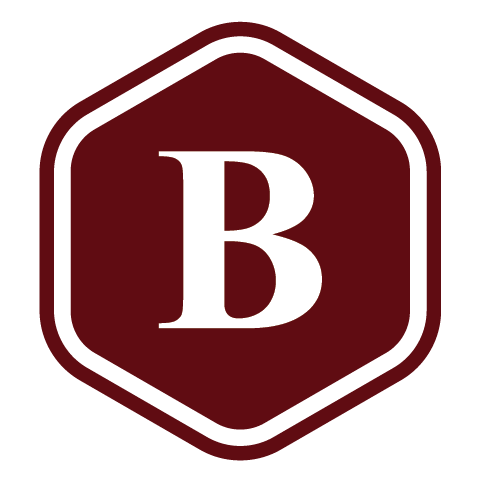Make a Second Great Impression: What to Do if Your First Impression Doesn’t Dazzle
Making a Great Second Impression - Yes, it is Possible!
You will never get a second chance to make a first impression. But what happens if you do make a bad impression when you meet a potential professional connection or during an interview? Luckily there are ways to repair the damage done and move forward. Recovery from a poor first impression is simple, and afterwards you will still be able to pursue your initial goal with the person you are building a connection with.
First, let’s outline what makes a bad impression. Here are some of the obvious ones:
Being late to the meeting or interview
Didn’t greet the interviewer properly - did not shake their hand, did not use the proper job title, no eye contact
Inappropriate dress for the occasion
These are the obvious ways to make a bad first impression. However, letting your nerves get the best of you (which we can’t always help) can also create a bad first impression, resulting in issues like these to arise:
Struggling to answer basic interview questions - this can come off as unfocused, the interviewer may be asking, “Did they even prepare?”
Fidgety - this also seems unfocused, like your mind is somewhere else
Poor physical posture - slouching, shaking legs, arms crossed. All of these postures suggest you are uncomfortable, self conscious, and you don’t want to be there.
Combating your fears comes with preparation and trust in yourself. If you know that you are a person that typically gets nervous and shows it, try to think of combat strategies to prevent your nerves from getting the best of you at your meeting or interview.
However, sometimes when these things happen you don’t quite know how to recover and start over. Luckily, recovering from the bad first impression is easier than you think and will shed light on your professionalism and sincerity.
Here’s how you can get past a bad first impression and come out on the other side successful and satisfied:
Reflect - It's important to take time to reflect on your own to see how you can improve for the future. Think about what happened and why, and consider how to prevent it. This step should happen immediately after the bad first impression. Take note of what you did and how the person reacted. Prepare in advance to combat these bad habits before reaching out to make another connection.
Apologize and Acknowledge - If you step away from a meeting knowing that you did not put your best foot forward for one reason or another, it’s best to follow up to acknowledge and apologize for your behavior. Your interviewer will appreciate this because they will see that you understand that you did not deliver at the meeting, and are acting as an adult by admitting this. Your interviewer can also see that you are taking the situation seriously, looking to make amends, and move forward.
Be friendly - Be friendly and honest in your apology, and be genuine in all communication moving forward! Show that whatever happened previously does not represent your personality and that you are dedicated to making a genuine connection moving forward.
Consistency - Remain consistent. Continue to channel your best behavior, and remain professional. Showing that the bad first impression was just a fluke is important in reassuring the other person that you are reliable in the professional world.
Stay in contact with the connection - Even if your interview does not result in a job, or your networking attempt does not lead to anything valuable, do not abandon the connection. Stay professionally connected on LinkedIn so you can reach out with questions relevant to their specialty. This will leave a positive and lasting impression of your professional discourse and have great impact on your professional future.
Practice Makes Perfect - If interview and networking anxiety plague you, remember that you are not the only one. Practice makes perfect, and the more that you put yourself out there, the more you will learn and improve for future encounters!
Recovering from a bad first impression may seem impossible. You may feel embarrassed or that it’s better to avoid the person altogether. However, remember that in the professional world, making amends and showing your professional potential is important and will carry a positive legacy throughout your career.
Read these other articles focusing on specific case studies and techniques to assist with making a good, professional first impression. And remember to stay positive and keep trying!
https://www.best-job-interview.com/bad-job-interviews.html
https://www.thebalancecareers.com/worst-impression-job-interview-2061357
https://www.themuse.com/advice/this-is-how-you-recover-after-you-make-a-really-bad-first-impression
https://www.rd.com/advice/relationships/bad-first-impression/
